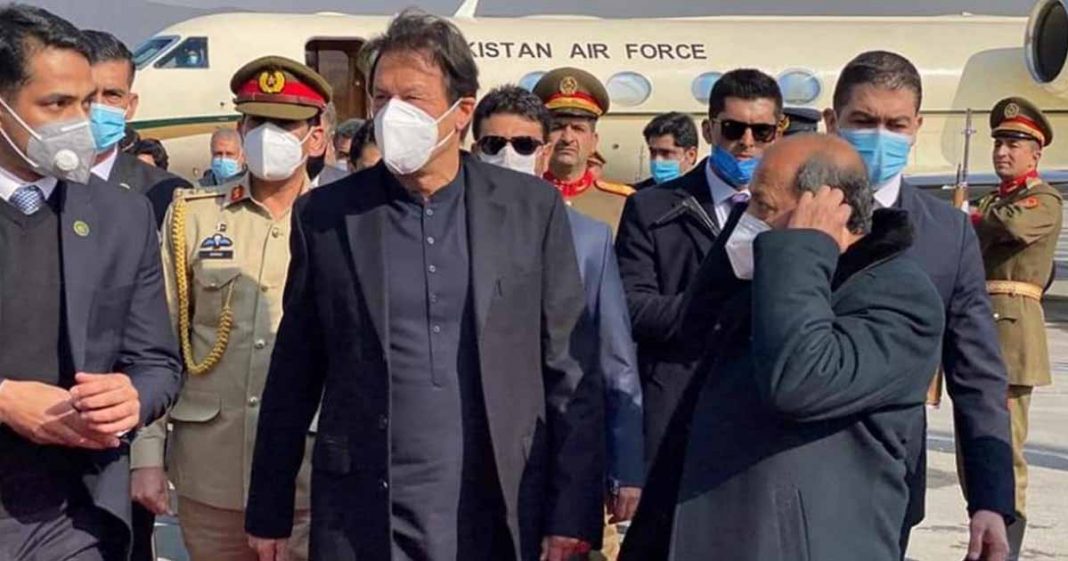The deadlock between the Afghan government and the Taliban over the procedure for moving ahead with intra-Afghan peace talks was broken on Thursday as both sides agreed to a 19-point plan, confirmed Rahmatullah Nabil, the former Director of National Directorate of Security (NDS), the premier intelligence agency of Afghanistan.
This is the second confirmation of the agreement by sources familiar with the peace talks, according to Andrew Watkins, a senior analyst for the non-profit Crisis Group that keeps a close eye on Afghanistan. Watkins said on Thursday that the agreement for proceeding forward with talks might have been influenced by the US decision on troops withdrawals.
The Trump administration said Tuesday it would pull 2,000 troops from Afghanistan and another 500 from Iraq by mid-January, shortly before President-elect Joe Biden is inaugurated. Trump has vowed to end unpopular “forever wars” and Biden has for years advocated winding down the intervention in Afghanistan, the longest in US history.
More than one well-informed source is now suggesting the impasse in the preliminary round of Afghan peace negotiations has been broken.
If/when this is official, will be fascinating to assess how much the timing may have been influenced by Trump's drawdown to 2500 troops. https://t.co/5aaMDdTgJC
— Andrew Watkins (@and_huh_what) November 19, 2020
PM Imran visits Kabul in a sign of expanding cooperation
Pakistan has played a key role in brokering a peace agreement between the Taliban and the US military signed earlier this year. The agreement, sgned in Doha, paved the way for intra-Afghan peace talks that have dragged on over the past few months, with both sides unable to develop a framework under which the talks will be held.
Under the US-Taliban agreement signed in February, all US forces will be withdrawn by May 2021, but, in theory, only if the Taliban fulfill certain conditions. Those don’t seem to have been met yet. Prime Minister Imran Khan will be touching down in Kabul later today for a maiden visit widely seen as another step toward facilitating the peace process.
PM Imran, during his visit, will meet President Ghani, Dr Abdullah Abdullah, the head of Afghanistan’s High Peace Council, and other authorities and affirm Pakistan’s support for the Afghan-led and Afghan-owned peace process. Washington, Kabul, Russia, China, and other world powers have all praised Pakistan’s role in the peace talks.
Prime Minister Imran Khan arriving Kabul on a day long visit. Look forward to a productive visit @ForeignOfficePk @PakEmbKabul pic.twitter.com/T6jBGgRSd6
— Mansoor Ahmad Khan (@ambmansoorkhan) November 19, 2020
Read more: Reason behind Pakistan’s policy shift towards Afghanistan
How will the Biden administration handle Kabul?
As to what the Biden administration may bring to the table in respect to Afghanistan, Ajmal Shams, Kabul based former deputy minister in the Afghan national unity government said that, “The Afghan government may think Biden’s victory might mean some shift in US policy. However, Biden’s view on Afghanistan during his term as former US vice president is no different from President Trump’s.”
Biden wrote in Foreign Affairs earlier this year, “It is past time to end the forever wars, which have cost the US untold blood and treasure,” adding: “As I have long argued, we should bring the vast majority of our troops home from the wars in Afghanistan and the Middle East and narrowly define our mission as defeating Al-Qaeda and Daesh.”
Ajmal also predicted that one can safely assume that Biden will continue President Trump’s policy on Afghanistan. However, some political experts say that Biden is of the belief that a small counterterrorism force should continue to be present in Afghanistan as he maintains the vitality of a few soldiers and intelligence assets over large-scale deployments.
The success of the #Afghan #peace process, which has been facilitated by #Islamabad, will determine the future direction of ties under a #Biden presidency.https://t.co/UbBbgRUrhD
— South Asia Center (@ACSouthAsia) November 10, 2020
Read more: US-Afghan ties to strengthen after Biden’s victory?
Will regional powers play spoiler?
A regional power with an ambiguous stance on the issue is India, which has poured $3 billion into Afghanistan in hopes of spreading terrorism in Pakistan through militants in Afghanistan. Pakistan, along with Gulf Arabs, had supported the former Taliban regime and Islamabad hopes to see Kabul with a strong central government, owned by Afghans.
Pakistan and the US have also repeatedly warned of spoilers to the peace talks, attributing the uptick in violence to regional powers, mainly India, that want to destabilize Kabul to wage proxy warfare against Islamabad.
Experts said that the US withdrawal, which Trump wants complete by mid-2021, would allow Pakistan to advance its proxies in Afghanistan — but could paradoxically weaken Islamabad’s hand, with US forces no longer needing its logistical help. Even after drawing down troops, the United States will retain plenty of influence in Afghanistan.
GVS News Desk with additional input from other sources














